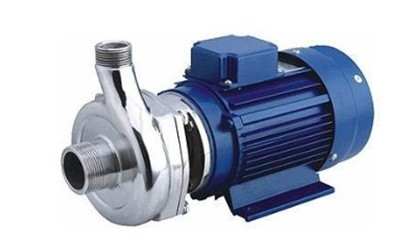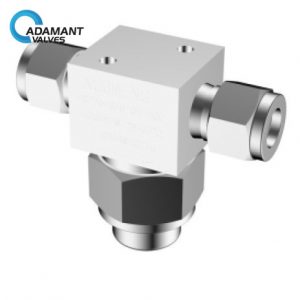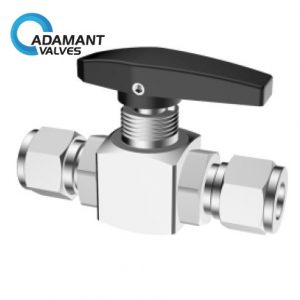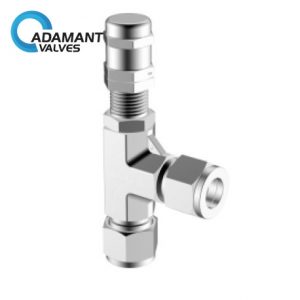What are Sanitary Pumps?

What is a Sanitary Pump?
Sanitary pumps are specialized equipment used to pump hygienic liquids and slurries through industrial processing pipeline systems. A sanitary pump is a critical agent in the transportation of products meant for human consumption or contact, such as pharmaceuticals, dairy products, beverages, food, cosmetics, food additives, fine chemicals, and so on.
What Makes a Pump Sanitary?
We all know that pumps are mechanical devices that provide conveyance power to move fluids through pipes and hoses. But what qualities must a pump have to be considered a “sanitary pump?” Well, for a pump to be considered sanitary, all components that contact the fluid medium must be made of materials with hygienic properties. Sanitary pumps must remain sterile to prevent contaminating the liquid products inside them. Corrosion resistance is critical, so sanitary pumps are made with non-corroding materials. In terms of industry standards, sanitary pumps must be certified as American 3A or European EHEDG, and the materials must meet FDA standards.
What are the different types of Sanitary Pumps?
There are four basic types of sanitary pumps: centrifugal, volumetric, jet, and airlift. Centrifugal pumps use centrifugal force to generate speed and use a rotating impeller to increase speed and push fluid through the outlet valve. Positive displacement pumps use rollers, gears, or impellers to move fluid into a fixed cavity so that when liquid exists, the vacuum created draws in more fluid. Jet pumps force fluid through a nozzle, converting the fluid’s energy into velocity energy. Airlift pumps mix air or gas with the liquid media so that the air-liquid mixture, with a lower specific weight than the liquid, rises in the pipe and is discharged above the liquid level.

which pumps are considered sanitary pumps?
What Materials are Sanitary Pumps Made of?
Sanitary pumps must be made of hygienic materials with corrosion-resistant properties. Most sanitary pumps are made of 316L stainless steel, copper, or bronze. Also, sanitary pumps cannot have a dead angle in the pump chamber. The sealing material must be food-grade, such as nitrile rubber, fluorine rubber, ethylene-propylene rubber, Teflon, and so on. The type of pump can be a centrifugal pump, rotor pump, self-priming pump, shear pump, screw pump, etc. As long as the above requirements are met, the pump can be considered sanitary.
What does a Sanitary Pump Do?
Some popular types of sanitary pumps common today are centrifugal beverage pumps, milk pumps, and stainless steel beverage pumps. These are suitable for conveying milk and other similar colloid liquids. Nowadays, sanitary pumps are used in a variety of commercial and industrial applications. Examples include agriculture and horticulture, brewery and distillery, dairy, food processing, food service, medical, municipal, OEM supply, pharmaceutical, and biotechnology applications.




